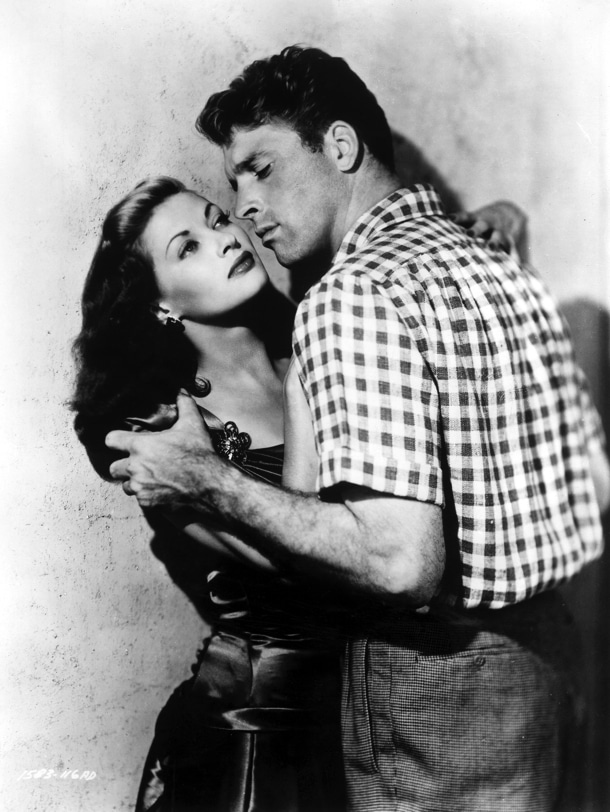What started as a dazzling announcement about Prince Harry‘s lucrative four-book deal with Penguin Random House, reportedly worth £40 million, has quickly turned into a sobering narrative of unmet expectations and financial risks.
Initially, the news sent shockwaves through the publishing world, but now it seems more like a cautionary tale about the complexities involved in high-profile publishing agreements.
Harry’s memoir, Spare, kicked off with a bang, breaking sales records and soaring to the top of bestseller lists globally.
However, this initial success was fleeting.
The book’s rapid descent from bestseller status to discounted remainder bins, combined with alarming return rates and thrift stores rejecting donations due to an oversupply of unsold copies, paints a troubling picture.
It raises serious concerns about the viability of the entire project and the motivations behind the remaining three books in the contract.
Two years have passed since the deal was signed, yet the promised titles—a leadership guide, Meghan Markle‘s wellness manual, and a mysterious novel—remain conspicuously absent.
This absence leads to speculation about what went wrong.
One popular theory suggests that the deal was primarily a strategic move to secure a hefty advance for Spare, with the other books viewed as secondary afterthoughts.
This interpretation hints at a lack of genuine commitment to producing more content, suggesting that financial incentives took precedence over creative pursuits.
Another angle considers how Harry’s apparent disinterest in the writing process, coupled with the limited pool of engaging material left after Spare, has stymied the production of subsequent works.
The memoir essentially tapped out much of the available content, leaving little room for fresh narratives or compelling storylines.
Moreover, the initial public intrigue surrounding the Sussexes seems to have faded, diminishing the demand for further royal revelations.
Adding another layer to the situation is the uncertainty surrounding Meghan Markle’s wellness guide.
Some speculate that she may be strategically delaying its release, possibly waiting for a divorce from Harry to launch her own solo memoir.
This could allow her to maximize profits while avoiding sharing them with her former husband, indicating a focus on individual financial gain rather than collaboration to fulfill the original contract.
As things stand, Penguin Random House finds itself in a precarious position, potentially facing significant financial losses.
The publisher’s substantial investment in the Sussexes’ project has yielded disappointing returns, raising questions about the due diligence performed before sealing the deal.
They may soon look for ways to recoup their investment, especially given the apparent lack of dedication from the Sussexes to honor their contractual commitments.
This scenario highlights broader concerns about the risks tied to high-stakes publishing deals, particularly those hinging on personalities whose appeal often stems from controversy rather than consistent literary output.
What was once a promising four-book deal has devolved into a costly single-book venture, leaving unanswered questions, financial uncertainty, and reputational damage for all parties involved.
The unfolding drama serves as a stark reminder of the importance of thorough due diligence and realistic expectations in the publishing industry.
A clear understanding of the potential market and the authors’ commitment is essential, especially when dealing with high-profile figures whose lives can be unpredictable.
The saga of the Sussexes stands as a cautionary tale for future publishing ventures.
It underscores the critical need for a comprehensive risk assessment and a realistic evaluation of the long-term viability of such projects.
As the dust settles, the implications of this deal will likely resonate throughout the publishing world for years to come.
Related Stories

